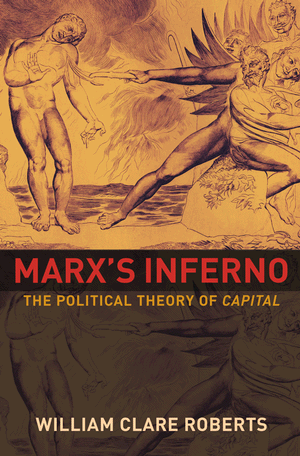Via the Society for Social and Political Philosophy:
FOR THE SOCIETY’S MEETINGS TO BE HELD IN CONJUNCTION WITH
SPEP (Society for Phenomenology and Existential Philosophy) in 2010
The SSPP invites papers for two conference panels. We are seeking papers that address issues pertaining to:
Politics and Ontology
We seek to explore and challenge the hypothesis that all political theory presupposes an ontology. From the presumption of universal rationality, to the potency of class consciousness, to the privileges shaped by the social existence of race, gender and sexuality, political order always is or implies an ontological order. In many respects, the ontological question is the political question. Struggles for political change are as much about the expansion (or contraction) of shared ontological categories as they are about the rewriting of legislation or the redistribution of power and resources . The traditional allocation of rights, for instance, has been determined almost entirely on the basis of who, or what, one is presumed to be. While ontology and politics share a long, interconnected history, for much of modern history the connection between them has been downplayed or denied, since liberalism is premised on bracketing such supposedly insoluble and inherently conflictual metaphysical questions. In recent decades, however, this has changed. The explicit investigation of political ontology has taken center stage and, as a consequence, what we understand to be political or ontological has changed as well. Politics is no longer limited to the state, but permeates all of social existence to include the terrain of imagination, emotions, and representation. Ontology is no longer an ultimate foundation, but is constituted through relations of power and affects. In the works of such authors as Gilles Deleuze, Elizabeth Grosz, Giorgio Agamben, William Connolly, Alain Badiou, Jacques Rancière, Jean-Luc Nancy, Antonio Negri, and many others, the subject of political ontology has surfaced in an array of new formulations. For this panel, we invite papers that extend this investigation or that challenge this resurgence, both within the context of work that has already been done and in anticipation of work yet to be conceived.
Complete papers of 3000-5000 words (that can be summarized and presented in 20-30 minutes) should be submitted for consideration for the 2010 meeting (deadline: March 1, 2010). The SPEP Conference is scheduled for October 2010, in Montreal, Canada.
Authors should include their name(s) and contact information on the cover page ONLY.
Papers should be emailed as attachments in Word or RTF format to: papers_AT_sspp.us
skip to main |
skip to sidebar
dilletantish, amoral, and inconsistent
Me, Myself, and I
Labels
- After the Revolution... (4)
- Anti-liberalism (3)
- Arendt (3)
- Aristotle (1)
- Avant-garde Capitalism (4)
- Benjamin (1)
- Capital (3)
- CFPs (19)
- Conferences (10)
- Consequentialism (2)
- Conservatives want you to be unhappy (8)
- Cost/Benefit Analysis (4)
- Empire (1)
- Exchange Nexus (2)
- Foucault (2)
- GA Cohen (1)
- History (3)
- Idealism (3)
- Ideology (6)
- Labor (10)
- Liberalism (12)
- Liberals want you to be happy but won't fight for it (2)
- Marx (17)
- Marxism (19)
- Odds and ends (21)
- Parliamentary Cretinism (2)
- Philosophy (13)
- Political Economy (25)
- Political Theory (33)
- Political Theory; Towards a Libertarian/Marxist Fusionism (1)
- Politics (9)
- Power (1)
- Relations (1)
- Resentment (4)
- Self-promotion (4)
- Slogans (3)
- State Capitalism (5)
- Teaching (10)
- The Ivory Tower (8)
- The State (9)
- The State Machine (2)
- Things I didn't know (4)
- Translations (1)
- Violence (5)
- war (9)
